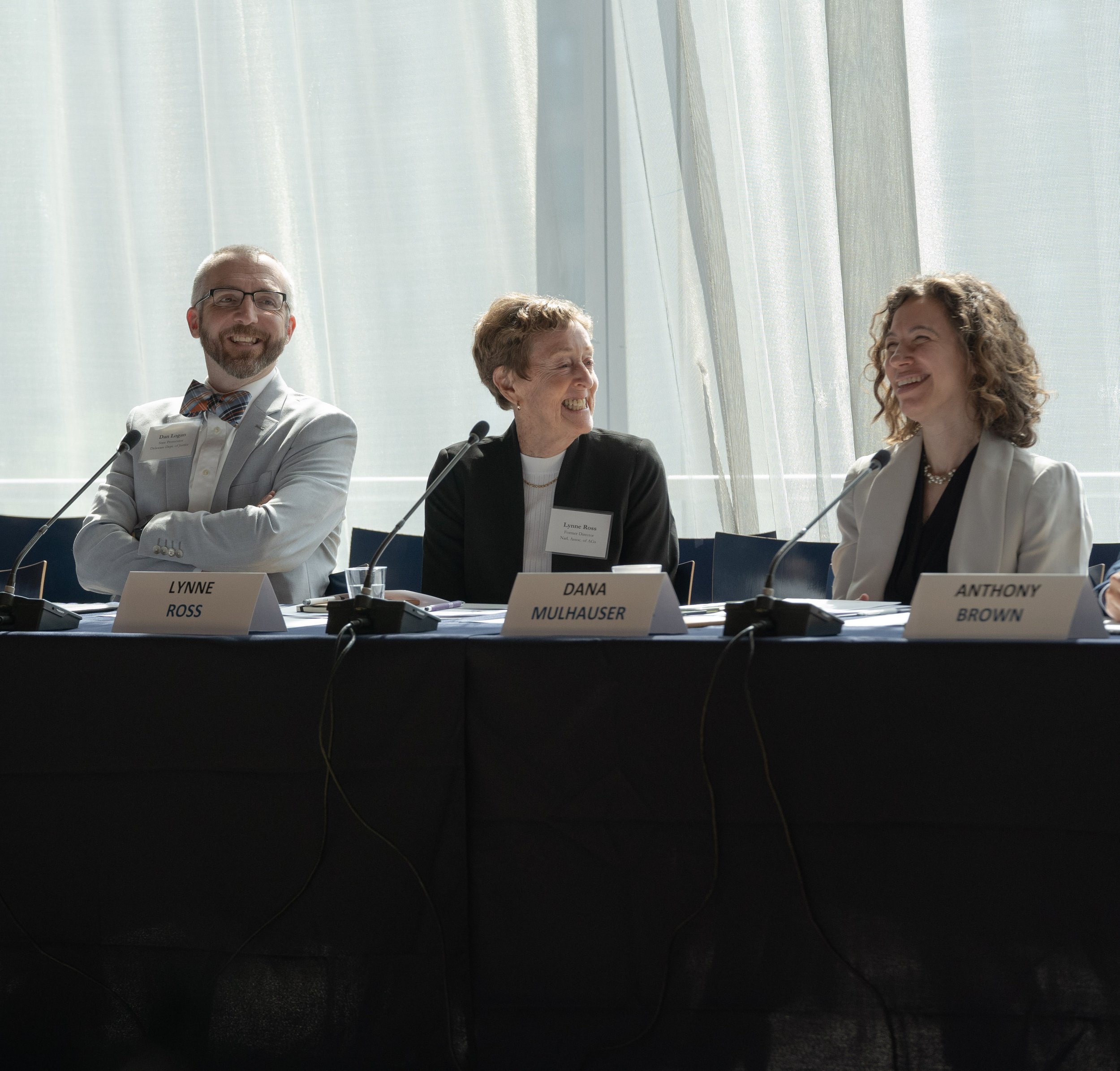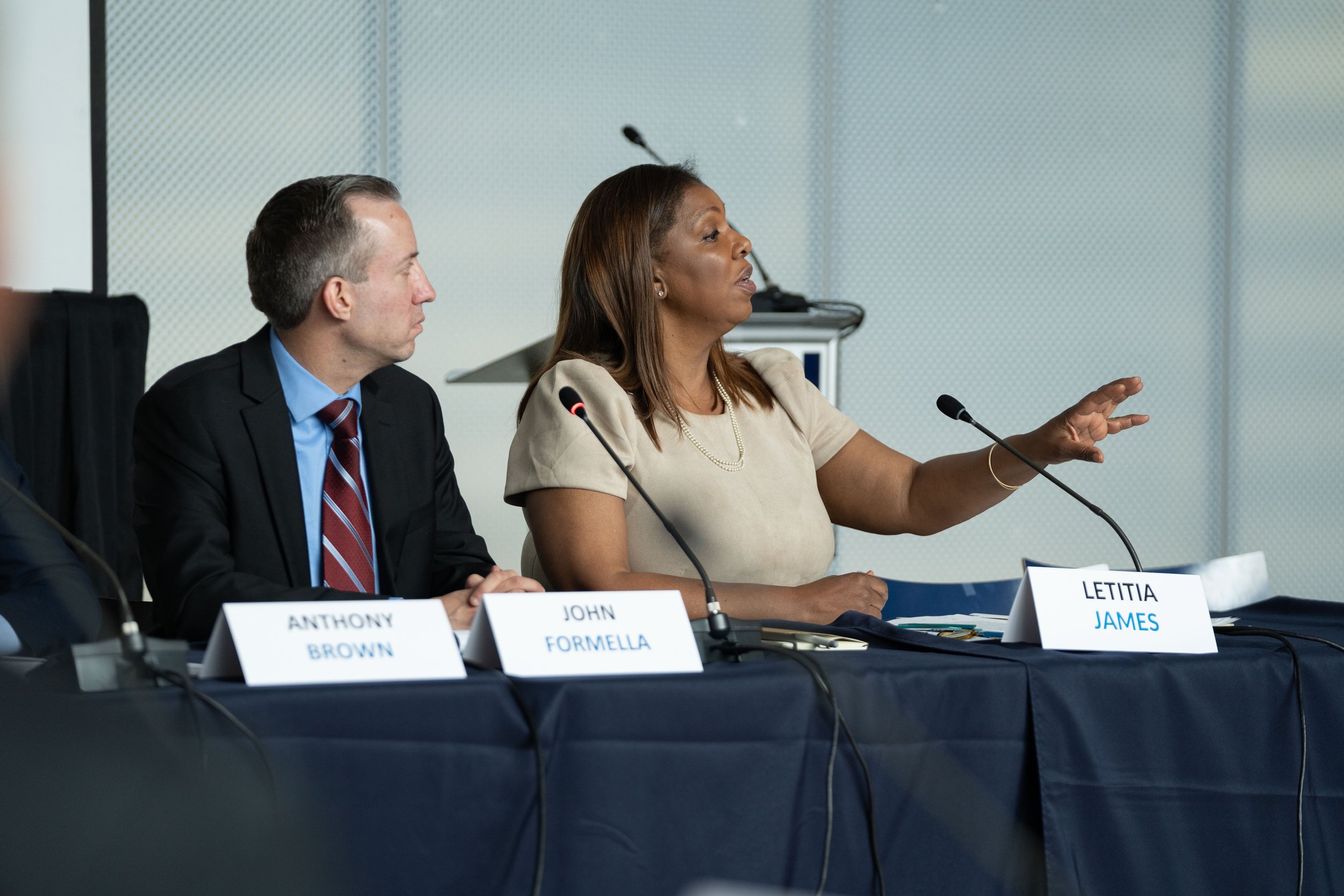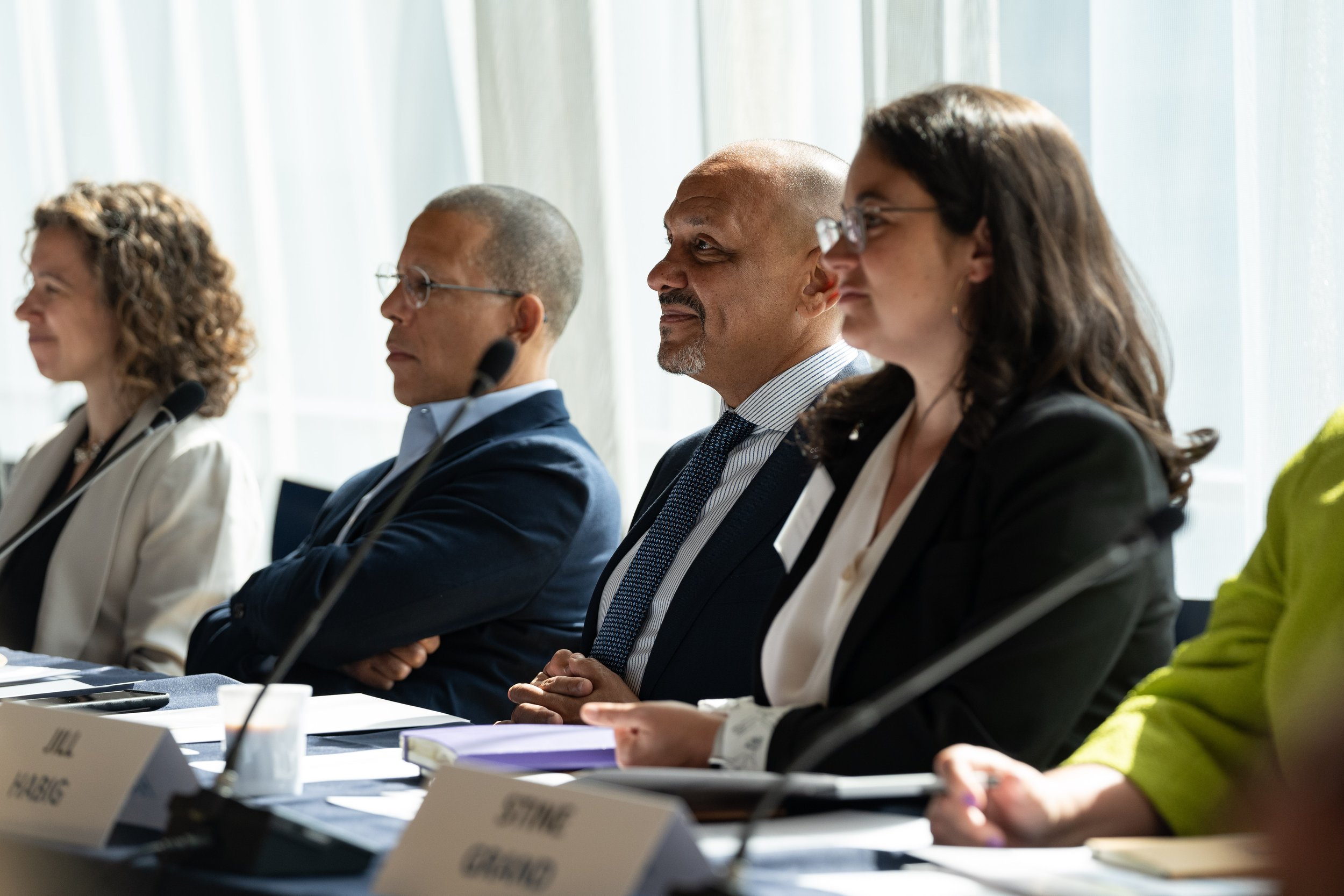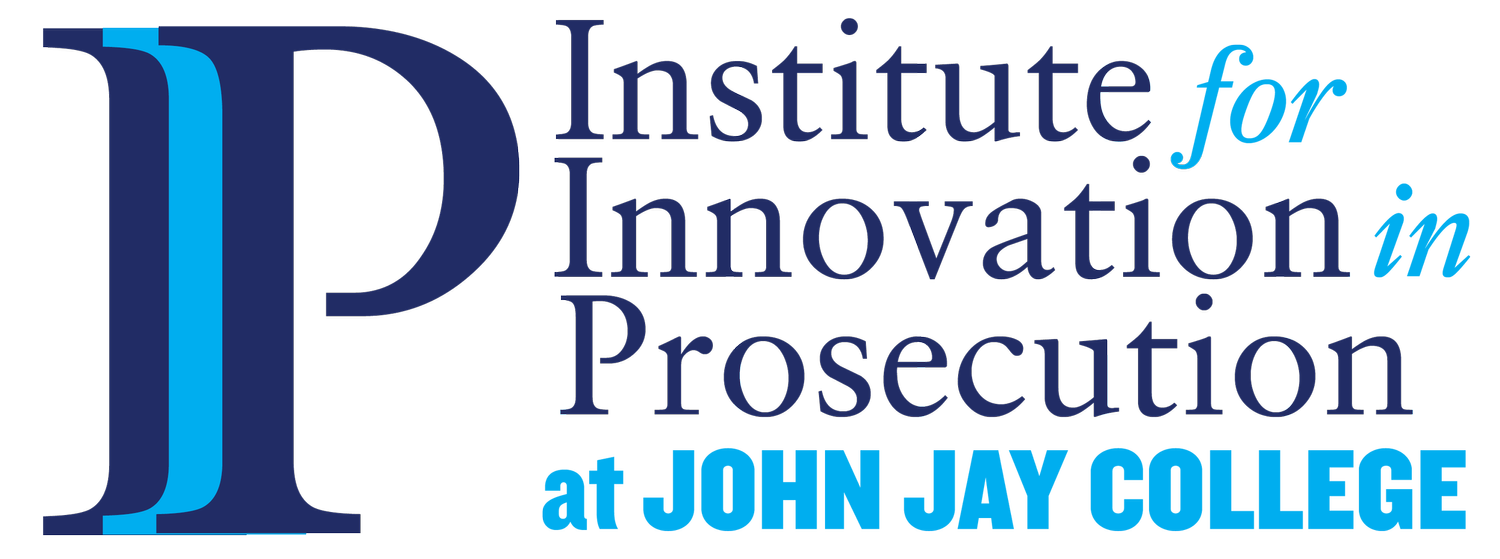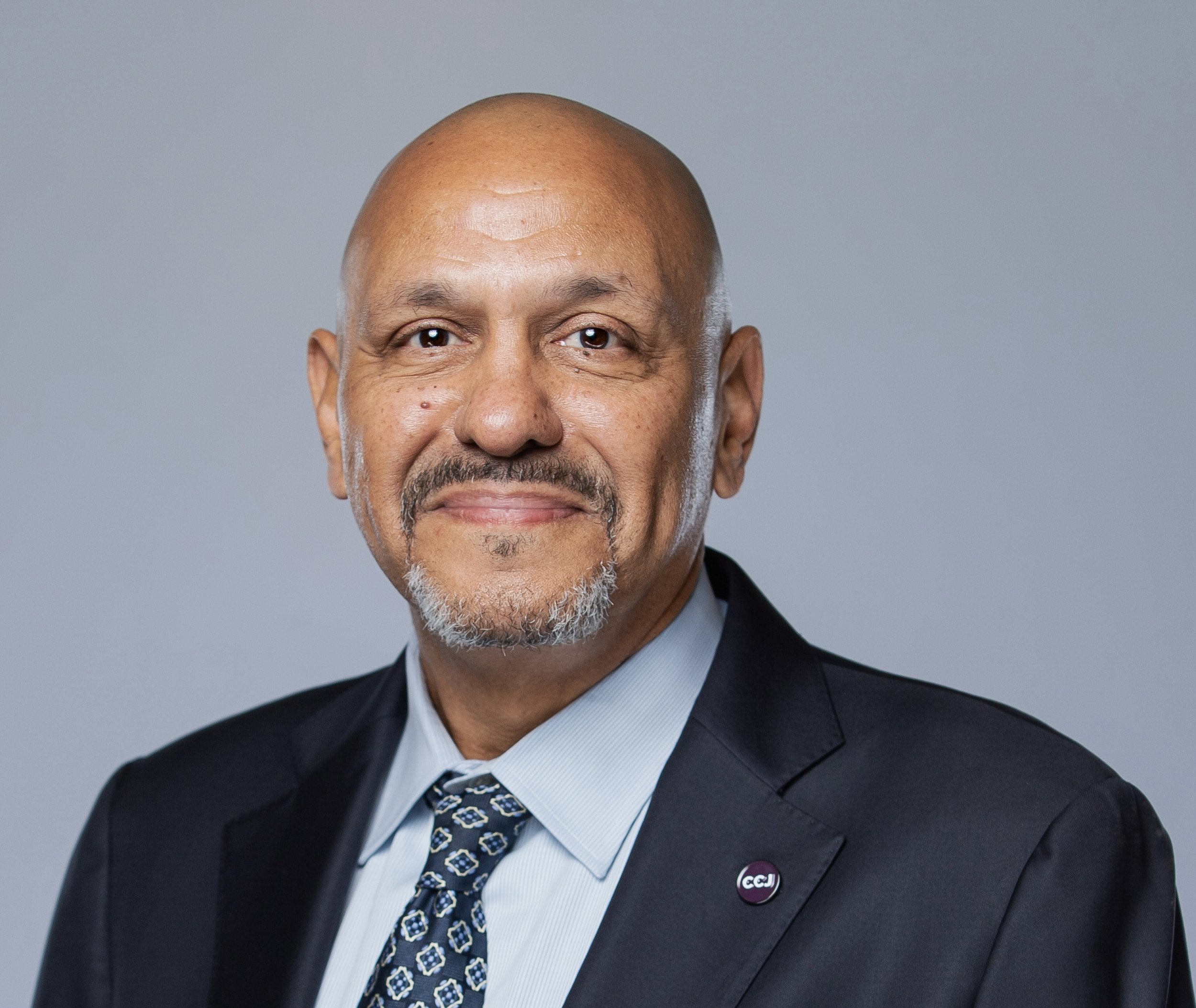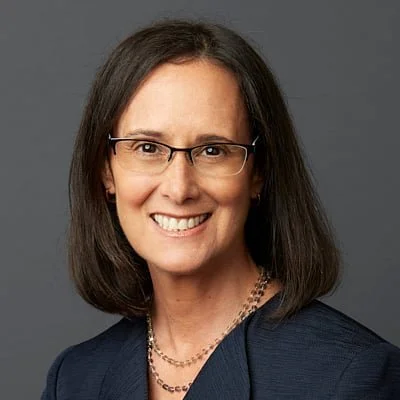State Attorneys General Police Accountability and Oversight Network
State attorneys general can play a leading role in holding police accountable.
We wrote about how.
Read the reports.
These reports are tools for action. Whether you’re an attorney general or AG staffer, a community organizer, or have suffered the loss of a loved one from police violence—IIP’s reports are rich with strategies and case studies to guide you in advancing police accountability.
To learn more about our work with attorneys general, or to join our network, contact: IIP_JohnJay@prosecution.org
Executive Summary
Almost two decades after the beating of Rodney King by Los Angeles Police Department officers, demonstrators from around the country again poured into the streets. This time, they were chanting, “I can’t breathe” in response to the murder of George Floyd, an unarmed Black man who was killed by Minneapolis police officer Derek Chauvin, who placed his knee on Floyd’s neck for more than nine minutes. The cell phone footage of the killing captured by bystanders reignited a nationwide movement for police reform—and exposed an urgent need for more leaders to enter the arena to address a national crisis around policing.
It was this context that propelled many state attorneys general—leaders with significant, state-wide power—to increase their efforts to hold law enforcement officers and agencies accountable for misconduct. State attorneys general across the country have responded to demands for police accountability in different ways, including by seeking legislative authority to conduct pattern or practice investigations and launching historic investigations into police departments.
The Institute for Innovation in Prosecution at John Jay College launched the State Attorneys General Police Oversight and Accountability Network to bring together attorneys general, leading experts, and key stakeholders for a series of strategic convenings in response to the urgent need for state attorneys general to play a greater role in the police accountability space. The project aims to position state attorneys general to assume leading roles in police accountability and oversight, and, in so doing, to strengthen community trust in law enforcement, increase police legitimacy, and improve public safety.
Holding officers accountable and addressing patterns and practices of police bias and discrimination are critical elements of public safety. Through this series of publications—and our network’s ongoing initiatives—the IIP strives to make police accountability and oversight approachable and attainable for attorneys general, providing them with practical tools that are responsive to the needs of their communities and the challenges in their states.
Our publication series is based on the many conversations that took place during the three convenings we held as part of our project. The insight gleaned from these discussions with attorneys general, attorney general staff, directly impacted family members, and prominent experts in police accountability has deeply shaped the guidelines presented in these publications. As we cover topics like pursuing pattern or practice investigations, prosecuting individual officers for misconduct, and designing dynamic community engagement initiatives, we draw upon the vast experience, knowledge, and wisdom of our network.
We hope that our publication series will ensure that state attorneys general have the necessary information, guidance, strategies, and support to succeed in police accountability pursuits. We encourage state attorneys general across the country to step into the arena and embrace the unique contributions they can make in the police accountability space. We hope that these publications, and the network the IIP has built, will enable improved collaboration and greater aspiration in the work of state attorneys general to ensure police accountability, safety, and justice for all communities.
READ THE REPORTS
“If you’re going to be doing work on police reform, you absolutely have to talk to people in community who have experienced over-policing—so that you understand the problems, but you also learn some of the best solutions.”
Lisa Madigan, Former Illinois Attorney General
Top 10 Strategies for Attorneys General in Pursuit of Police Accountability
Don’t wait for the federal government or others to act in pursuit of police accountability.
Learn from police accountability pursuits in other states.
Consult with experts as early as possible.
Prioritize directly impacted voices and demonstrate a commitment to inclusion by removing barriers to participation in community engagement initiatives.
Be transparent with the public about decisions your office makes.
Provide statewide education and training on best practices in critical areas of policing.
Collect data to guide policy and decision making
Push for legislation to increase authority for state attorneys general to investigate police departments
Prioritize community engagement in pursuing police accountability
Lean on the IIP’s State Attorneys General Network for support and guidance
“The safety of the community rests on trust between police and community–a joint commitment to safety. If people don’t feel the police are there for them, they won’t interact, they won’t report, they won’t cooperate, they won’t participate.”
Keith Ellison, Minnesota Attorney General
“What we’ve found increasingly is that the federal government simply cannot do it alone, and that getting it down to attorneys general who know their communities, they can move the needle in ways that others cannot.”
Roy Austin, Deputy Assistant to the President, Office for Urban Affairs, Justice, and Opportunity, Obama White House, 2014-2017

Case Studies
Advisory Board
Hassan Aden
Former Chief of Police, Greenville, NC
Jill Habig
Founder and President, Public Rights Project
Peter Harvey
Former New Jersey Attorney General
Lisa Madigan
Former Illinois Attorney General
Natashia Tidwell
Partner, Mintz
Related Content
Officer-Involved Fatalities Initiative
See the IIP’s wide-ranging, community-rooted project exploring ways that prosecutors can prevent and address officer-involved fatalities.
PUBLICATION
Officer-Involved Fatalities Toolkit
This comprehensive report offers key insights and guidance for prosecutors on officer-involved fatalities.
PUBLICATION
A Road Map for Prosecutors and Communities
The roadmaps featured here detail the actions prosecutors can take both before and after a critical incident has occurred.
TOOLKIT
This action guide explains that establishing police disclosure lists is an urgent priority for prosecutors—and offers clear guidance on how they can do so.
TOOLKIT
How Prosecutors Can Support a Reimagined Police Response
This action-aligned report was published as part of Lessons from 2020: A Racial Awakening for Prosecutors.
PUBLICATION
Prosecutors, Brady & Police Disclosure Lists
This webinar explores a key policy that prosecutors can use to expand police accountability: automatically disclosing problematic police witnesses through Brady lists.
PANEL
